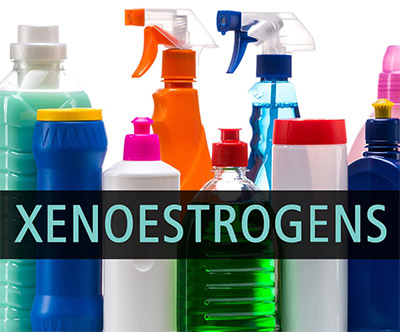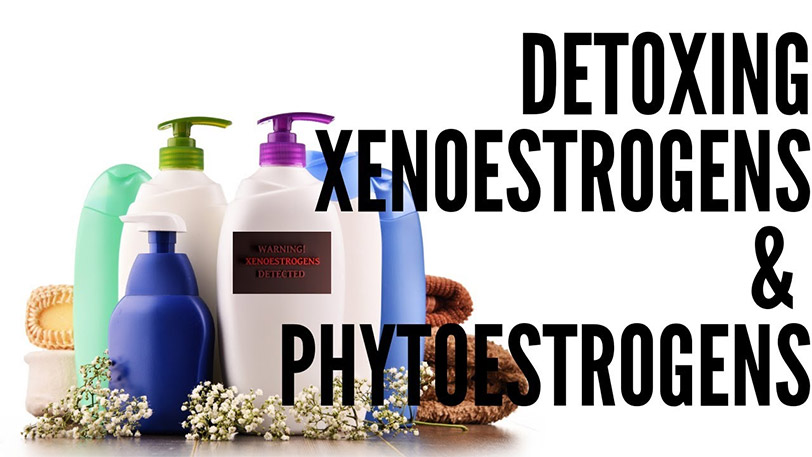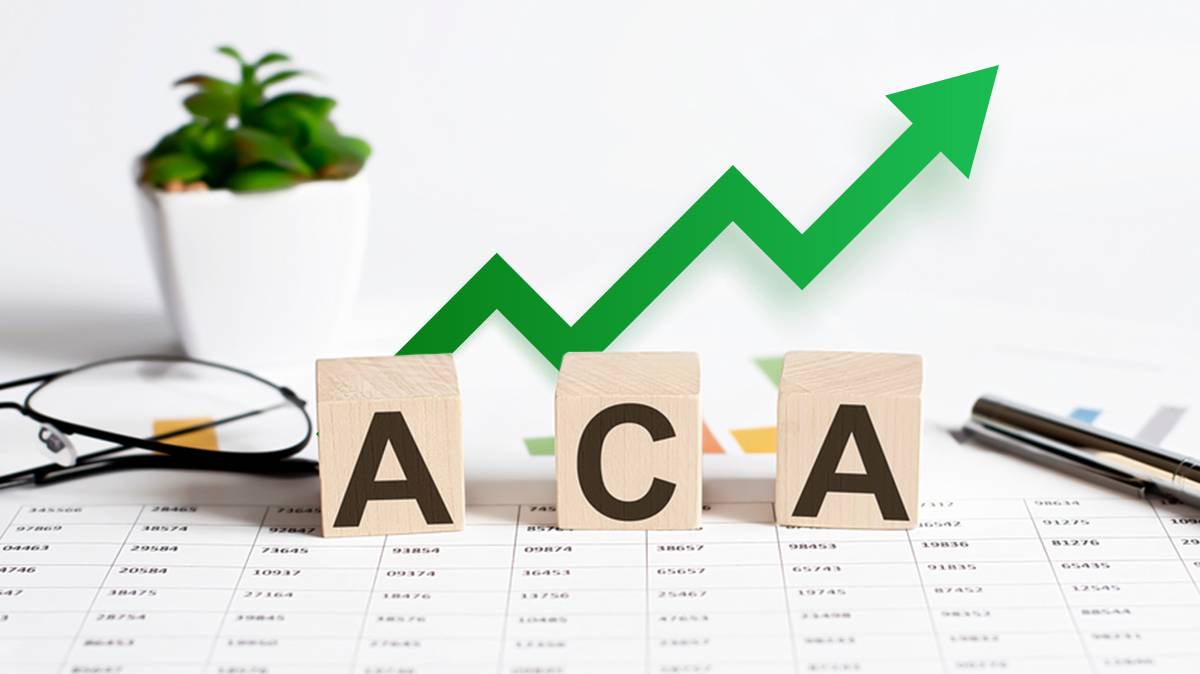Xenoestrogens - What Are They?
June 14, 2021

Everyday products can have unexpected effects on your hormonal balance

Xenoestrogens isn’t a word you hear everyday, but it’s definitely one that you should familiarize yourself with. Custom Benefit Consultants Inc. is helping the cause, spreading awareness about these little-known compounds that can be found in a number of products we use every day.
In particular, says Robin Bahl, CEO of CBC, the company is bringing awareness and knowledge to its own employees. “We use baby steps in changing things like deodorant and plastic storage containers,” she explains.
With “xeno” meaning “foreign,” it’s no surprise that these man-made compounds trick the body into thinking they are estrogen, binding to hormone receptor sites in ways that can be potentially harmful. What is surprising is just how detrimental they can be, and the many issues they can cause.
By altering the balance of the body’s levels of estrogen—a hormone responsible for the development and regulation of the female productive cycle—a number of health problems can arise. Exposure to these products can cause everything from cysts, genital malformations and early puberty to obesity, infertility, diabetes and thyroid imbalances; it can also lead to cancer.
“When chemicals from the outside get into our bodies, they have the ability to mimic our natural hormones, blocking or binding hormone receptors,” Bahl says. “This is particularly detrimental to hormone-sensitive organs like the uterus and the breast, the immune and neurological systems, as well as human development.”

It’s important to limit your exposure to these types of compounds in order to keep hormone levels in check. While it sounds simple enough, xenoestrogens can be found in a number of common materials, including plastics, pesticides, foods, cleaning supplies, cosmetics and skin care products, toys and even water systems. Within these items, water out for things such as parabens, fragrances, BPA and BPS, red dye, phthalates, triclosan, propylene glycol and sulfates like sodium lauryl sulfate, among others.
While the thought of cutting out all plastics and inorganic foods can be overwhelming, there are some quick and easy ways to begin to cut down on your exposure to xenoestrogens. Purchase produce from a local farmers market, or peel non-organic fruits and vegetables before eating; also, opt for hormone-free meat and dairy products. Seek out alternatives for kitchen items like plastic food storage containers, non-stick cookware, cling wrap, and paper towels or coffee filters that contain chlorine. Consult the Environmental Working Group website for lists of healthier skin care products, sunscreens, cleaning supplies and pesticides; check the ingredients when you purchase any of these items. And opt for items made with essential oils over artificial fragrances.
There are plenty of other steps you can take to help eliminate xenoestrogens from your life, but any and all effort counts, as reducing your exposure, even a little bit, can have a large impact.
Blog Tags:
Xenobiotics, Foreign Estrogens, Plastics, Pesticides, Synthetic Chemicals, Pollutants




